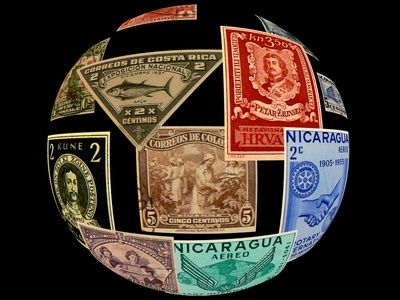April 3, 2012 | Business Policy, Leadership
Those of you who follow me know that a great deal of what I (as well as other NRG Systems team members) share here on this blog is about global economics rather than our business or the renewable energy industry. That may seem strange and rather off-topic for someone whose supposed focus is on marketing a business and its products, don’t you think? Here’s why it’s not for me — understanding economics helps me to better understand the demands that will be placed on the relationships I consider essential to good business.
When Times are Good
When times are good and businesses are growing, flush with cash and eager to expand, marketing’s role tends to shift towards the upper end of the relationship funnel. Let’s get more eyeballs, let’s get more people talking about us, let’s build our brand and build some buzz.
When Times are Lean
When times are lean and money is tight, marketing’s role tends to shift towards the bottom of the relationship funnel. We need qualified leads. We need conversions. We need more customers to be buying immediately or as quickly as possible.
And so it is for every functional area within a business. When times are good, it’s easy to maintain existing relationships. When times are tough, it’s easy for a business to neglect existing relationships and chase after new ones. Knowing where the economy is (and where it may be headed) allows you to plan better for what will be asked of you in the weeks and months to come.
A Few Examples
Here’s one example. As Patrick Strom recently wrote, we ship to 150 countries and we have dealers on nearly every continent. Knowing that debt is driving economic conditions to deteriorate in Europe, we asked our longstanding dealers in advance “How can we help you?” We did not even want to consider jettisoning dealers when their performance declined simply to take advantage of the opportunity to seek new relationships with better terms. Instead, we listened and learned that regional support in the form of “feet on the ground” would be helpful, as would a regional distribution center. And so, we now have an international sales account manager stationed in Europe full-time and a distribution center in Holland. We look forward to our relationships with European dealers being strengthened during this difficult economic cycle.
Suppliers are another example of the direct link between economics and relationships. Our purchasing manager, John Kerr, has written about the need to work with suppliers in difficult times. Now more than a year after the natural and economic disaster of the earthquake and tsunami in Fukushima, NRG Systems’ relationships with our suppliers in Japan remains strong and healthy.
Of course, as for any business, relationships with our customers are most important. During uncertain times for the renewable energy industry, what are our customers’ problems, what new pressures are they facing? What problems does NRG Systems see ahead? Open and honest communication with our customers, perhaps a mutual sharing of more information than usual, these are key steps we can initiate when we see tough times ahead.
Global Economics and Relationships are Intertwined
Global economics may be known as a dismal science, but without an eye on it, you’re leaving yourself open to the whims and fancies of the market, unable to foresee the future, nurture relationships and plan accordingly.

